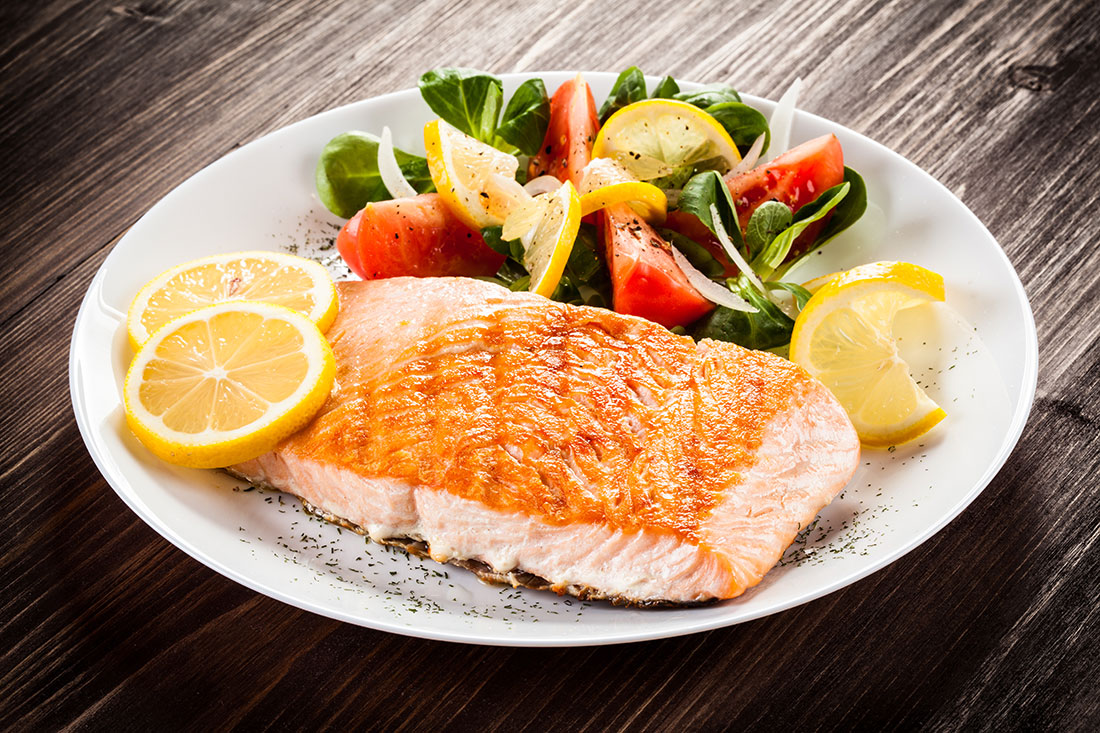What Makes Good Nutrition

Good nutrition goes back to the 18th century.
The first scientific research into the basics of nutrition was the controlled experiment by British ship’s surgeon, James Lind. To test his theory that scurvy was related to lack of fresh fruits and vegetables aboard ship, while at sea in 1747, Lind provided some crew members with two oranges and one lemon per day, while others were given cider, vinegar, sulfuric acid or seawater along with their normal rations. The results conclusively showed that citrus fruits prevented Scurvy.
What makes up nutrition?: Macronutrients are the elements of nutrition that the body needs in large amounts.
Protein, large, complex molecules that are the building blocks of tissue. If you eat vegetables like beans and rice that contain the right amino acids, the body can synthesize proteins from these.
Carbohydrates: These are the sugary substances that represent the primary source of energy for the body. These come primarily from vegetable sources like starches. There are fast acting sugary simple carbohydrates and complex carbohydrates that absorb slowly from green vegetables, whole grains, lentils and beans.
Fats are necessary to synthesize vitamins such as vitamin D. Certain fats called “trans-fats” and “saturated fats” should be avoided or strictly limited in diet.
Water: The body is composed of water with structures suspended in it. The brain is 70 percent water and the rest of the body is 60 percent water.
Micronutrients are dietary elements requires in very small amounts.
Vitamins that have to be present to prevent disease.
Metals like calcium, iron, magnesium, iodine and chromium are part of the structure of the body.
Amino Acids that prevent diseases and heart problems.
Bioflavinoids that are important for disease prevention.
A balanced diet contains all of the building blocks of nutrition.


